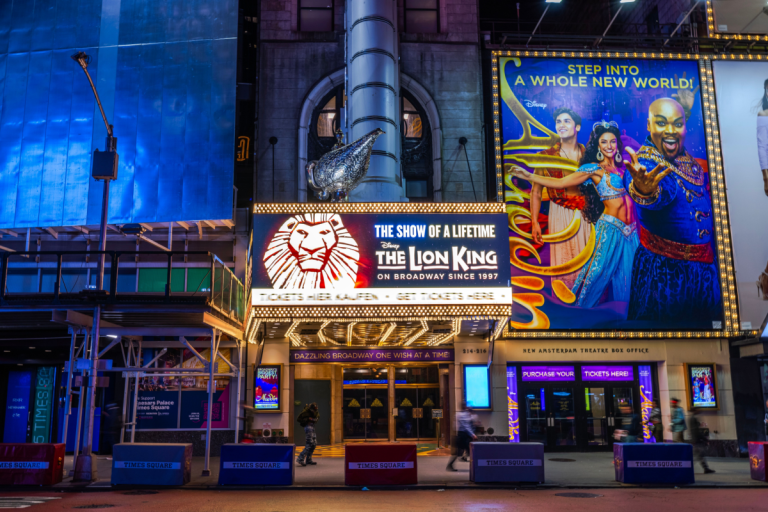Tentative Agreement Ends Threat of Industry-Wide Shutdown
Broadway narrowly avoided a strike that could have crippled New York’s theater district and dealt another blow to an industry still recovering from the pandemic. After an 18-hour bargaining session that stretched into early Thursday morning, the American Federation of Musicians Local 802 reached a tentative contract agreement with the Broadway League, representing theater owners and producers.
The union, which had planned to walk off the job later in the day if no deal was reached, announced the breakthrough at 4:30 a.m. “United in solidarity, Local 802 Broadway musicians are thrilled to announce that we reached a tentative agreement that will avert a strike scheduled to begin later today,” said union president Robert Suttmann.
The new three-year contract includes wage and health benefit increases that will preserve access to health care for musicians and maintain existing labor protections. While details of the agreement remain confidential until members are formally notified, both sides described the outcome as a crucial step toward stability.
“We are pleased the parties were able to reach a tentative agreement,” said Jason Laks, president of the Broadway League. “We are deeply appreciative of our mediator for helping shepherd these discussions.”
Parallel Negotiations with Actors’ Equity
The deal with the musicians follows a similar tentative contract agreement reached just five days earlier between the Broadway League and the Actors’ Equity Association, which represents actors and stage managers. That agreement grants a 3% annual salary increase over three years and boosts the League’s contributions to performers’ health funds.
Both unions had threatened to strike if negotiations failed, raising fears of a dual shutdown that could have paralyzed Broadway. However, ratification votes are now expected to proceed smoothly. Equity’s national council has already endorsed its proposed contract, with voting scheduled to begin Friday among nearly 4,000 eligible members.
For Local 802, the union’s executive board must first vote to recommend ratification before roughly 1,200 members cast their ballots. The previous contract — an unusually short 18-month pact — expired on August 31, while Equity’s expired September 28. The simultaneous negotiations were highly uncommon and left the industry vulnerable to disruption.
Relief for an Industry on Edge
Broadway’s producers and workers alike welcomed the resolution. The industry has been operating under financial strain, with attendance only recently returning to near-prepandemic levels while production costs continue to rise. Of the 46 new musicals launched since theaters reopened, only three have turned a profit.
There are currently 32 shows running across Broadway, drawing about 277,000 attendees during the week ending October 19. Top-grossing titles include “Hamilton,” boosted by the return of Leslie Odom Jr., “Wicked,” aided by upcoming film promotions, and “The Lion King,” now in its 28th year.
Producers have faced growing pressure from labor groups demanding better compensation and benefits amid soaring living costs and persistent challenges from Covid-era changes, such as higher absenteeism among cast and crew. The Equity deal allows “reasonable escalating consequences” for repeated unexcused absences, addressing one of the more contentious negotiation points.
Looking Ahead
Broadway’s last major labor stoppage came in 2007, when the stagehands’ union went on strike for 19 days. The musicians last walked out in 2003, while actors represented by Equity have not staged a strike since 1968. Industry leaders hope this week’s agreements will usher in a more collaborative era of labor relations.
For now, with contracts tentatively in place and performances continuing uninterrupted, Broadway can breathe a collective sigh of relief. As Suttmann noted, “This agreement secures our members’ livelihoods and keeps the music playing on Broadway.”


